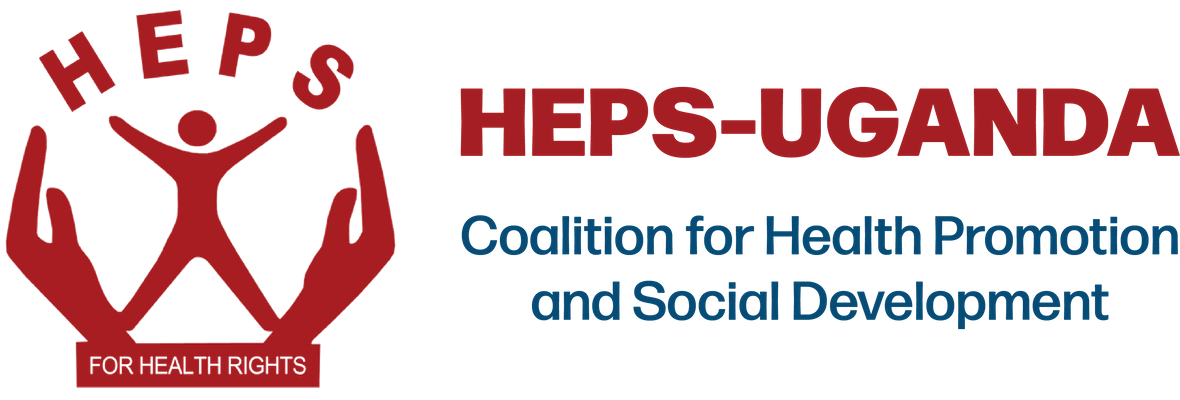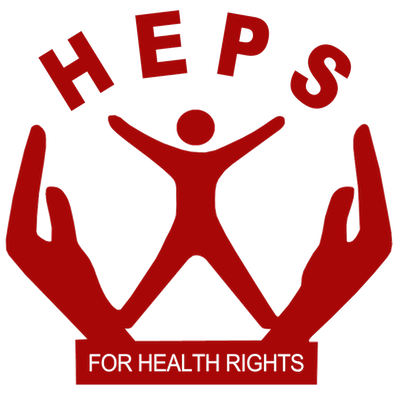From us,
Immunisation in Kiboga District continues: HEPS Uganda, in collaboration with MOH-UNEPI and Kiboga district, continues to extend immunisation outreaches to underserved communities of Kiboga. The aim is to ensure that zero-dose and underdose children are reached and served with their respective antigens. The communities continue to attribute zero doses and underdoses to distance to health facilities, limited information on vaccines and vaccination services, deliveries to TBAs, Gender related issues, and fear among parents to be blamed (rebuked) by health workers in case they take their children passed their immunisation schedule.
Photo by HEPS-UGANDA Staff: Brian Wafiire
From our partners,
CEHURD, The Center for Health and Human Rights Development, took part in discussions at the Global Summit on Intellectual Property and Access to Medicine. The event, which took place in Marrakech, gathered policy specialists, human rights activists, government representatives, and development collaborators from various regions to examine the 30-year impact of the TRIPs Agreement—the international treaty that established patent protections for medicines.
Reproductive Health Uganda organized the Inception Meeting in Kitgum District for the “Strengthening Community-Based Climate Adaptation in Uganda and South Sudan” project. The initiative seeks to mitigate the severe effects of climate change in highly vulnerable areas such as Karamoja and Acholi in Uganda, as well as Kapoeta East and Magwi in South Sudan while also supporting cross-border communities.
From your community,
Community outreaches boosting children’s immunisation
The immunisation services are part of the Saving Lives and Livelihoods(SLL) project, implemented by the health ministry with support from Africa Centres for Disease Control and Prevention and AMref Health Africa Uganda funded by Mastercard foundation. The project is in its second phase started in December 2024 and is running for 13 months . It covers eight districts including Luweero, nakaseke, nakasongola, Kiboga, Kyankwanzi, Mubende, Mityana and Kasanda.
From Uganda
Why handwashing habits are fading again. In the early days of the COVID-19 pandemic, the message was drilled into public consciousness with rare global unity: wash your hands. From Kampala to Kansas, handwashing stations mushroomed in schools, markets, and hospitals. Posters, jingles, and hashtags evangelised the practice. For a time, the world’s oldest hygiene ritual became a daily ritual for millions. But now, nearly four years after the peak of the crisis, the sense of urgency has dried up—and with it, the habits
Government launches nationwide initiative to eliminate tuberculosis
The government and Makerere University researchers are set to roll out a nationwide initiative to eliminate Tuberculosis across 34 districts, leveraging digital tools and integrated healthcare services to enhance detection, treatment, and prevention. The initiative spearheaded by the Re-Imaging TB care programme, supported by the Korea International Cooperation Agency, will study the effectiveness of digital interventions in a randomized exercise.
US donation boosts Uganda’s battle against tuberculosis
The US government has provided an assortment of advanced diagnostic tools to bolster the screening of Tuberculosis in 68 high-burden districts in Uganda. The UN health agency says each day close to 240 people fall ill, with approximately 30 lose their lives. Health Ministry figures indicate Uganda registers approximately 96000TB cases each year. The US government’s latest intervention will have been seen as a boost to Uganda’s efforts against the disease
From the region,
Nairobi Health Summit calls United Front against Mpox and cross-border outbreaks. Regional Public health experts, government officials, and development partners convened in Nairobi this week to strengthen East Africa’s cross-border response to disease outbreaks with a sharp focus on the spread of Mpox and other emerging health threats. The meeting was organised by WHO, which underscored the urgent need for coordinated action, real-time data sharing, and harmonised rapid response systems across national boundaries
Global health security,
Global Life expectancy declines as COVID-19 undermines decades of Health Gains
A new report by the World Health Organisation has revealed the devastating long-term impact of the COVID-19 pandemic on global health, reversing years of hard-won gains. The WHO statistics 2025 show that global life expectancy dropped by 1.8 years between 2019 and 2021(the steepest decline in history)
The Gold tier status is the highest level of recognition under WHO’s validation system for the elimination of vertical transmission of HIV and syphilis. It is awarded to countries that have reduced transmission to below 5% and recorded fewer than 500 new infections per 100,000 live births. Botswana’s recognition reflects decades of sustained effort including widespread community engagement , accessible testing and treatment services. Botswana Ministry of Health and National AIDS and health promotion Agency pledged to maintain the momentum through continued investment in HIV prevention , treatment and health system strengthening.
Africa CDC: Africa records over 2,400 cholera deaths in 2025. Africa has recorded more than 2,400 deaths due to ongoing cholera outbreaks in different parts of the continent in 2025, the Africa Centers for Disease Control and Prevention (Africa CDC) has said. During an online media briefing on Thursday night, Yap Boum II, deputy incident manager for mpox at the Africa CDC, said since the start of this year, the continent has recorded 115,513 cholera cases and 2,424 related deaths. Data from the African Union’s specialized healthcare agency shows that South Sudan, the Democratic Republic of the Congo (DRC), Angola, and Sudan are the most cholera-affected countries in Africa.






